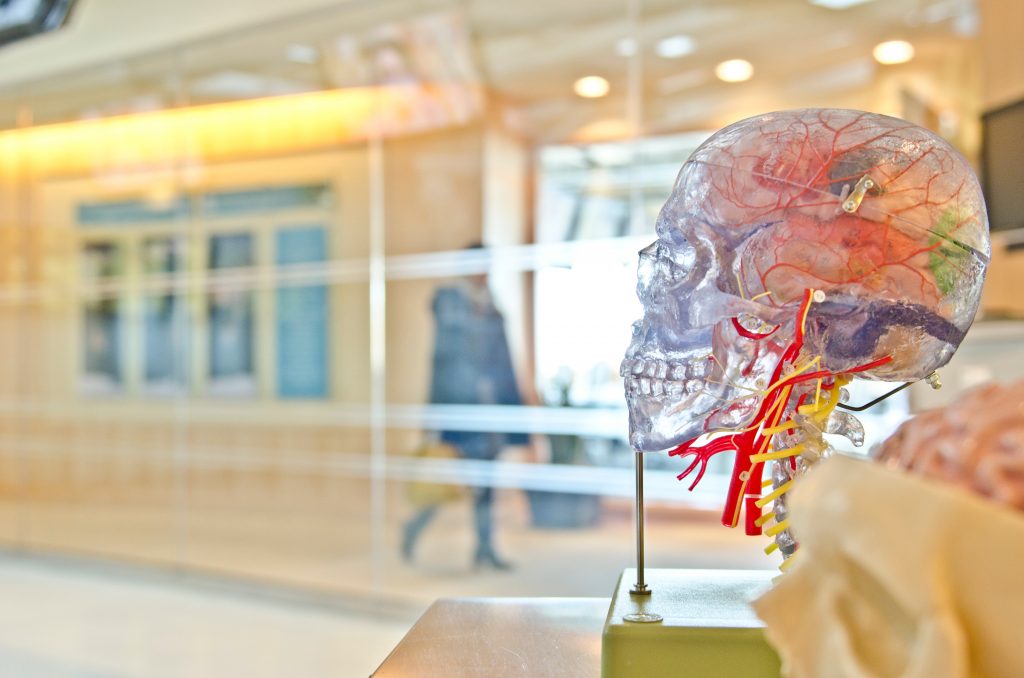Brain damage in adults due to alcohol use

Adults who get into the habit of drinking more than average are at risk of long-term damage to the structure and cognitive functioning of the brain.
The most extreme form of brain damage is Wernicke-Korsakov syndrome. This syndrome is caused by a deficiency of thiamine (vitamin B1) and magnesium (which is necessary to use thiamine efficiently) as a result of a one-sided diet. The ability to store new information in long-term memory is limited or disappears altogether. Wernicke-Korsakov syndrome is mainly seen in alcoholics who neglect themselves (decorum loss).
Subtle brain damage
Most brain damage in adults from alcohol manifests itself in a more subtle way. Prolonged excessive drinking affects short- and long-term memory. This has an effect on reasoning, influences behavior and emotions and makes a person more sensitive to arteriosclerosis in the brain. People who use more than 28 standard glasses (women) or 35 standard glasses (men) per week for five years or more will notice changes in their intellect. Although many will not be aware of it.
There is also an increased risk of stroke and dementia and a relationship with sleep disorders, depression and other disorders.
Prevent and recover
To prevent brain damage from alcohol, the safest advice is not to drink. However, most people do drink alcohol. The recommendation is to postpone drinking alcohol in any case until the legal age limit of 18 years. From a health point of view, drinking alcohol should preferably be postponed even longer. If someone does choose to drink, the advice is to adhere to the guidelines for acceptable alcohol consumption (no more than 1 glass per day).
The neurological damage caused by alcohol consumption in adults is partially reversible. Some recover completely or partially when they stop drinking. However, some of the drinkers will have permanent neurological damage.


